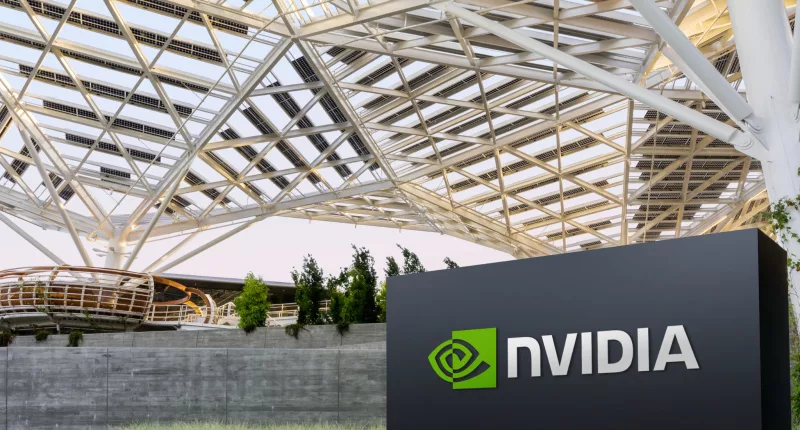Nvidia is reportedly planning to release a simpler, cheaper version of its Blackwell AI chip (potentially named the B20) for the Chinese market. This new chip uses less power and has fewer advanced features, so it can meet US trade rules, reports Reuters. Despite the downgrades, this upcoming chip may still allow for limited configurability by clients to optimise its use within permissible limits.
To distribute the B20 chip, Nvidia plans to collaborate with Inspur, a major Chinese server manufacturer. This partnership is expected to facilitate the chip’s integration into AI infrastructure within China, despite the ongoing geopolitical tensions and regulatory challenges.
The new chip will use GDDR7 memory instead of the high-bandwidth memory found in higher-end models and will forgo advanced packaging technologies like Taiwan Semiconductor’s CoWoS.
More importantly, these simplifications will help on two fronts – they avoid triggering export bans and significantly reduce costs, bringing the price down to around $6,500-$8,000. That is a big drop compared to the over $10,000 price of models like the H20, which were hit hard by export controls and are now effectively off the table for China.
Earlier, some reports suggested that the US-based semiconductor giant is set to release a modified version of its H20 AI chip for the Chinese market by July 2025. Notably, the original H20 was once the most advanced AI processor legally available to Chinese customers. The Chinese market alone contributed around $17 billion (around 13% of the company’s total revenue) in the previous fiscal year. However, this specific chip has come under increased scrutiny by US regulators due to concerns over its potential military applications.
The US export curbs (announced on April 9, 2025) require Nvidia to obtain a license to export its H20 chips to China and other countries. As a result, the Jensen Huang-led company predicted a $5.5 billion revenue loss in its first-quarter earnings.
The latest decision comes as Chinese tech giants like Tencent, Alibaba, and ByteDance continue to express high demand for AI chips that balance affordability and processing power. Collectively, these firms have already placed orders estimated to total $18 billion since January 2025.
Apart from US curbs, the situation is getting worse for the company as local competition is also growing. Chinese firms like Huawei and Cambricon are accelerating the development of homegrown AI chips, supported by government efforts to reduce reliance on foreign suppliers. Additionally, regulatory pressure within China has increased. Last year (2024), China launched an antitrust investigation into Nvidia over suspected violations of the country’s anti-monopoly law.
All this is happening when, in mid-April 2025, Nvidia CEO Jensen Huang visited Beijing to discuss the current situation with Chinese clients and to present new chip designs customized for the country.
The Tech Portal is published by Blue Box Media Private Limited. Our investors have no influence over our reporting. Read our full Ownership and Funding Disclosure →






